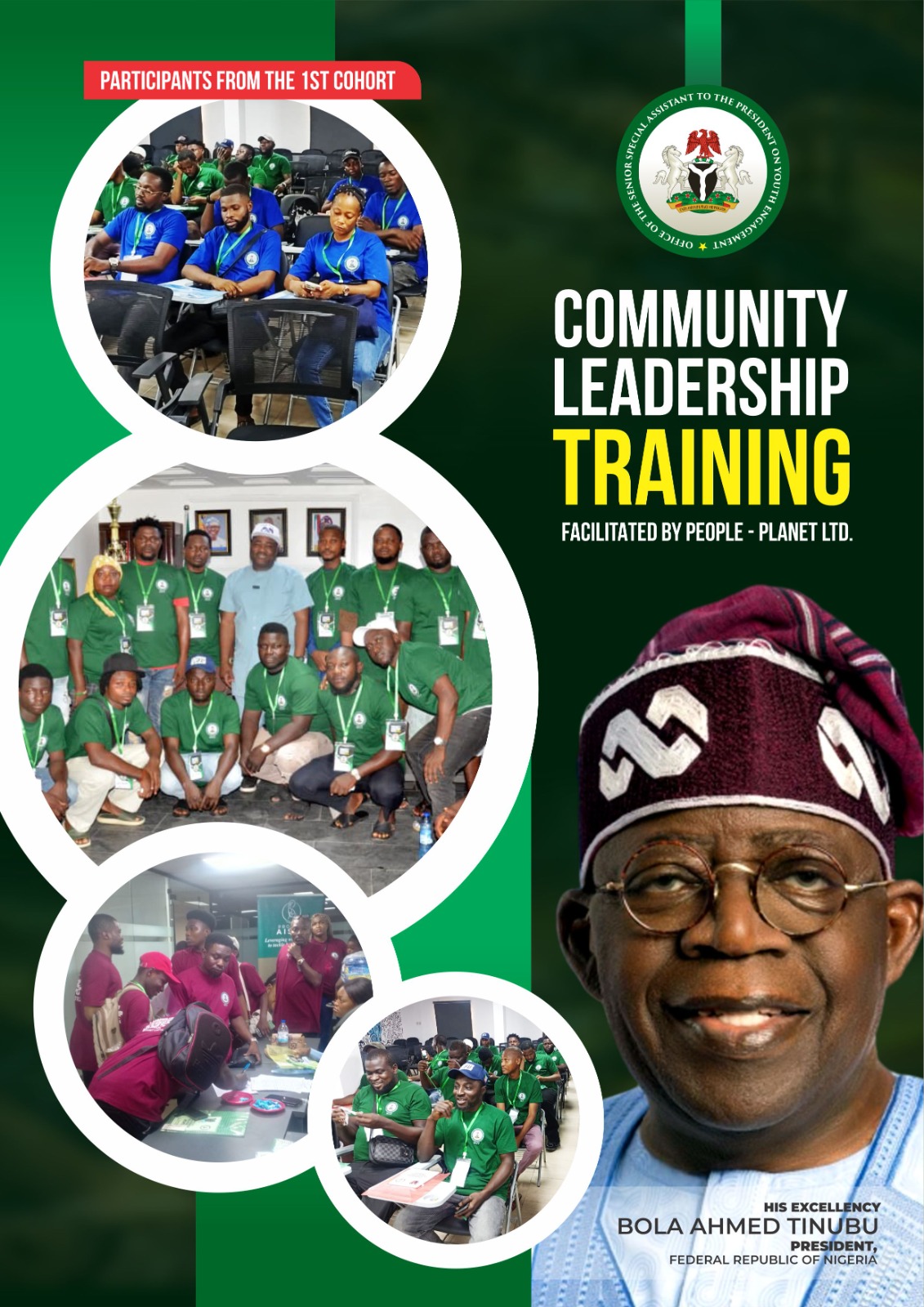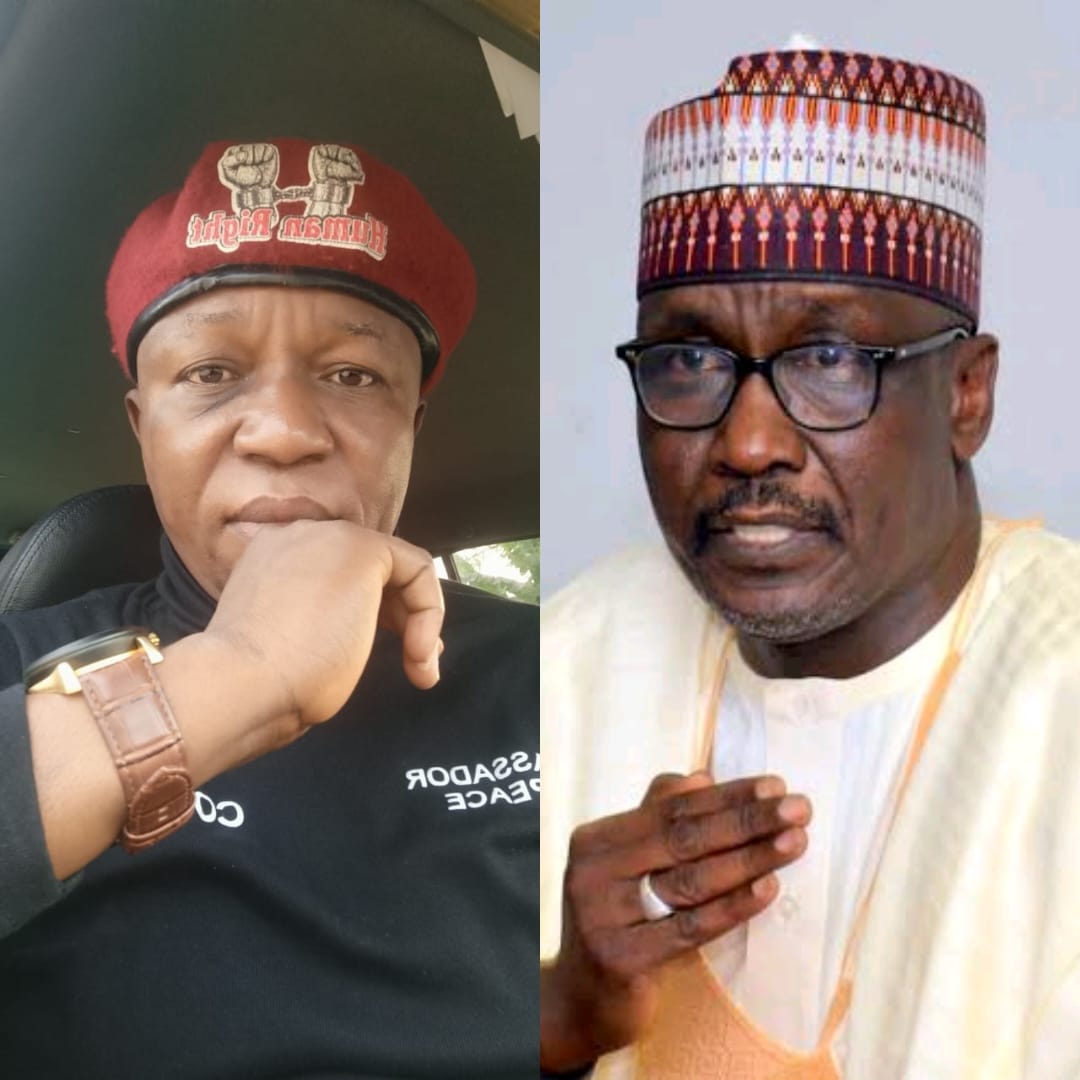The Quiet Rising of a New Civic Generation: Reflections on the First Cohort of the Youth Community Leadership Fellowship

The Quiet Rising of a New Civic Generation: Reflections on the First Cohort of the Youth Community Leadership Fellowship
By Abayomi Adejumo
Every nation experiences turning points moments that do not arrive with spectacle, yet tilt the arc of its future. The successful completion of the first cohort of the Youth Community Leadership Fellowship appears to be one of such rare national moments: subtle in delivery, profound in consequence, and unmistakably promising for the Nigeria that must emerge.
What unfolded over the course of the training was not merely another youth programme but a disciplined reorientation a deliberate cultivation of civic consciousness among young Nigerians who have long yearned for structured pathways to public impact. This initiative, now celebrated by participants and civic actors alike, owes its existence to the clarity of purpose demonstrated by the Office of the Senior Special Assistant to the President on Youth Engagement, led by Dare Ojepe.
In an era when youth development often suffers from political tokenism, Ojepe’s office has not only charted a refreshing course but has done so with admirable conviction. The conception of the fellowship, its scientific framework, and its nationalistic ambition reflect a visionary understanding: that preparing young people for the responsibilities of citizenship especially as the 2027 elections approach is no longer aspirational; it is imperative. The commendation extends equally to People + Planet Ltd, the organisation trusted to translate this vision into a vibrant and effective training experience.
Participants from across participating local governments entered the programme with curiosity and left with clarity. They encountered a curriculum that challenged them to interrogate leadership as discipline, governance as service, and influence as responsibility. They were introduced to global best-practice frameworks for civic engagement and community impact. Many testified that they discovered not just knowledge, but direction.
The stories emerging from the cohort speak to transformation: young men and women who previously viewed politics from a distance now speak with the measured depth of civic actors. Some have begun mapping community needs; others plan to convene youth dialogues; many are translating passion into structured plans. Local governments that supported their youths have already begun to reap the dividends of strengthened civic capacity.
In truth, the relevance of this fellowship extends far beyond the walls of any training hall. It touches the very spine of our national projection. Nigeria stands at a precipice where demographic strength must translate into democratic wisdom. Our youth, who make up the majority of the voting population cannot be spectators adrift in the swirling currents of national discourse. They must be schooled, sharpened, and strategically positioned. This fellowship has become the rare bridge between youthful enthusiasm and informed engagement, offering young Nigerians the intellectual compass needed to navigate governance with clarity and courage.
Moreover, the project represents an emerging doctrine, one that redefines leadership development as a science, not a ritual of chance. Its methodologies are data-informed, its philosophy grounded in global best practices, and its outcomes measurable in both behaviour and civic posture. In a nation often challenged by the absence of structured political grooming, this model stands as a corrective lens, clarifying what leadership preparation should look like in a modern democracy. The fellowship is not merely preparing young influencers for 2027; it is helping to architect a generation that understands nationhood not as a slogan but as a solemn, shared responsibility.
But perhaps the most striking outcome of the first cohort is the cultural shift it signals. For years, youth engagement has often been reduced to enthusiasm without structure, energy without clarity. This fellowship has demonstrated that when young Nigerians are granted rigorous training, professional mentorship, and intellectual scaffolding, they rise to meet the demands of leadership with uncommon maturity.
As preparations advance for the second cohort scheduled for 8–10 December 2025, the message to local governments and stakeholders is clear: this is the moment to act. The first cohort has proven beyond doubt that structured leadership preparation is no longer optional; it is the very foundation of the Nigeria that must be built.
This editorial therefore extends well-earned commendation to the Office of the Senior Special Assistant to the President on Youth Engagement, and particularly to Dare Ojepe, for initiating a programme that marries patriotic duty with strategic foresight. By entrusting People + Planet Ltd with its execution, the office has demonstrated confidence in professionalism and a commitment to excellence.
In the quiet classrooms where this fellowship unfolded, one could hear the faint stirrings of a future taking shape a generation learning to rise, to think, to build, and to lead. If this momentum is sustained, Nigeria may yet find in these young leaders the architects of the renewal she so desperately seeks.




